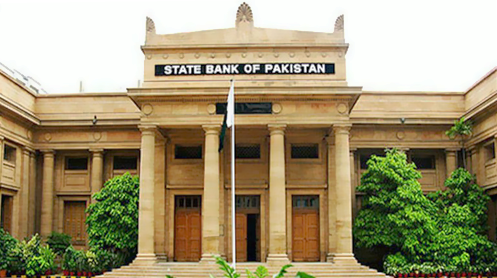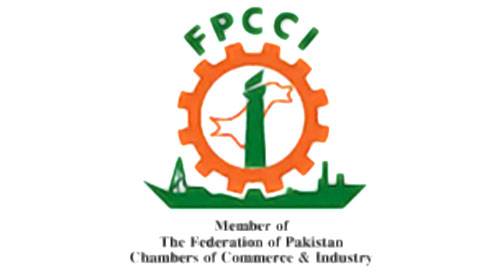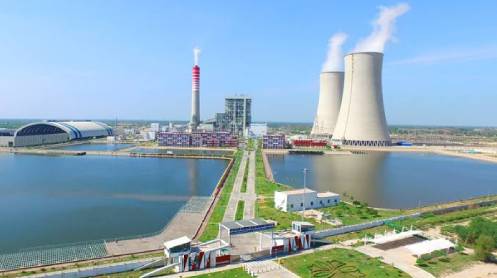LAHORE: State Bank of Pakistan (SBP) Governor Jamil Ahmed announced the development of a climate-driven banking framework to support financing for energy transition in Pakistan.
Speaking at the Asia Energy Transition Summit, organized by the Pakistan Renewable Energy Coalition (PREC) in collaboration with the Lahore University of Management Sciences’ Energy Institute, SDPI, Renewables First, and PRIED, Ahmed highlighted the need for renewable energy transition in vulnerable and debt-ridden nations like Pakistan.
Despite contributing minimally to climate change, Pakistan ranks among the top 10 countries most vulnerable to its impacts. Ahmed emphasized Pakistan’s goal to cut its carbon footprint by 15% by 2030, with a potential further reduction of 35% contingent on external climate financing. He also stressed the goal of generating 60% of the nation’s energy from renewable sources by 2030.
Pakistan has already reduced its reliance on fossil fuels, with their share in energy consumption dropping from 86.79% in 2019 to 81.9% in 2023. Ahmed acknowledged Pakistan’s wealth of natural resources, including solar, wind, and hydropower, and underscored the critical need for securing climate funding through macroeconomic stability and structural reforms.
Additionally, Ahmed mentioned SBP’s initiatives, including a revised renewable energy financing scheme launched in 2016 and the development of a Green Finance Taxonomy in collaboration with the World Bank.
Power Minister Awais Ahmed Khan Leghari stressed the importance of innovative financial solutions for the energy transition, suggesting Pakistan should learn from China’s expertise and explore Chinese financial instruments, including RMB-based bonds. He also highlighted Pakistan’s potential role in the global supply chain for green metals, essential for future energy technologies.
The summit featured various sessions, with experts discussing the complexities of the region’s renewable energy transition and exploring tailored solutions to overcome barriers.





